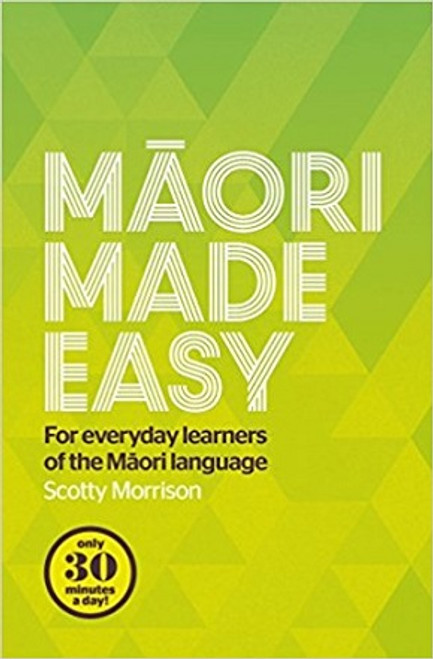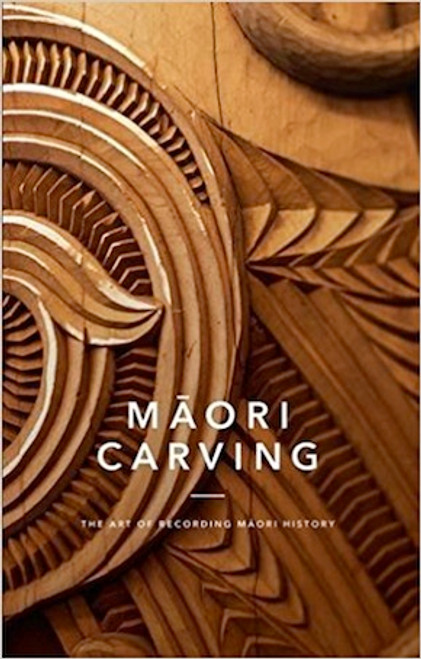Understanding what drives enterprise within an indigenous cultural space is not widely understood in New Zealand.
Whariki reveals how kin-based business ventures created by Maori have promoted social, economic and environmental wellbeing from the whenua (land) up. Its core is eight case studies - some arising from iwi-driven ideas, some ideas from marae-based whanau. These range from a bee school in Northland, ginseng growing in the King Country, to the rehabilitation of Maori prisoners in Dunedin and a web-engaged response to accessing tribal marae. Always reaching into ancestral ties and lessons to provide guidance and foundation for their ideas, these businesses are wrapped in cultural approaches that engage kin communities in improving the wellbeing of their iwi, hapu and whanau.
This book explores the successes, the failures, the learnings and the futures of these opportunities for Maori.







